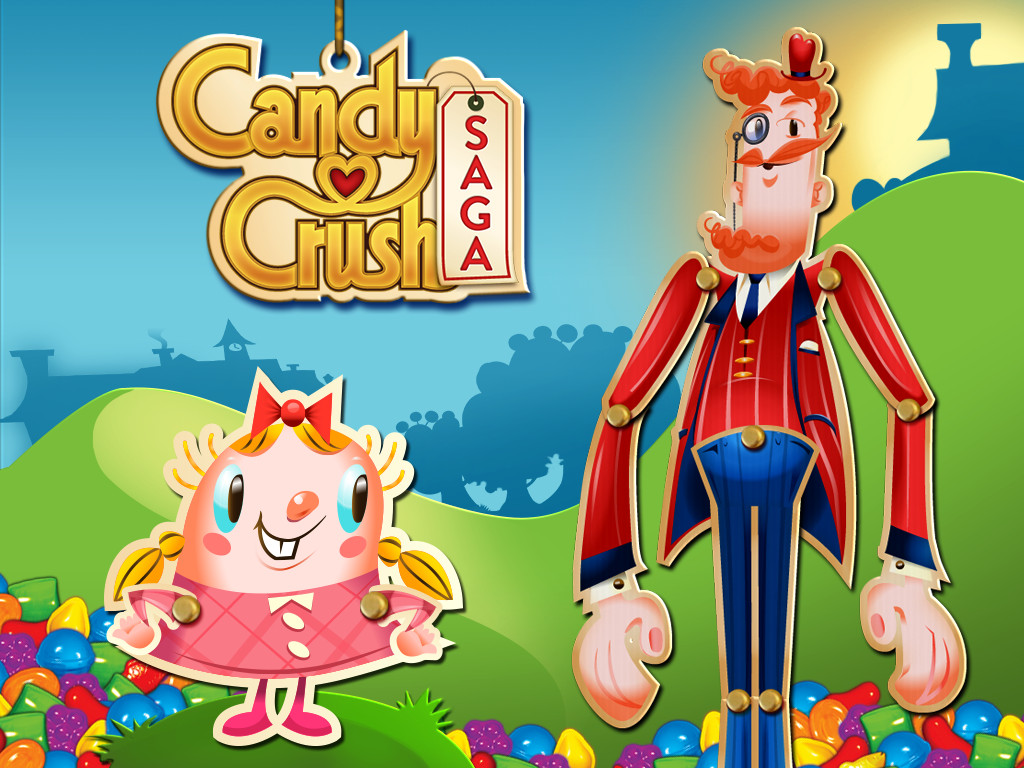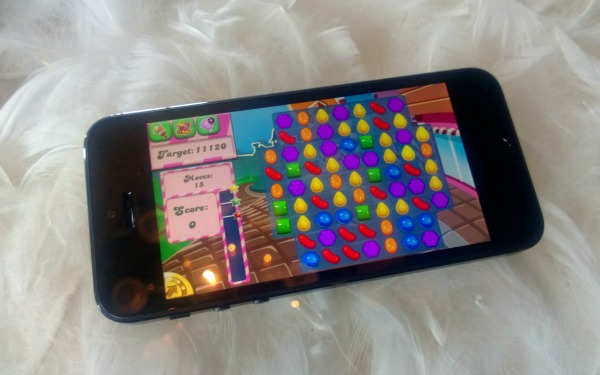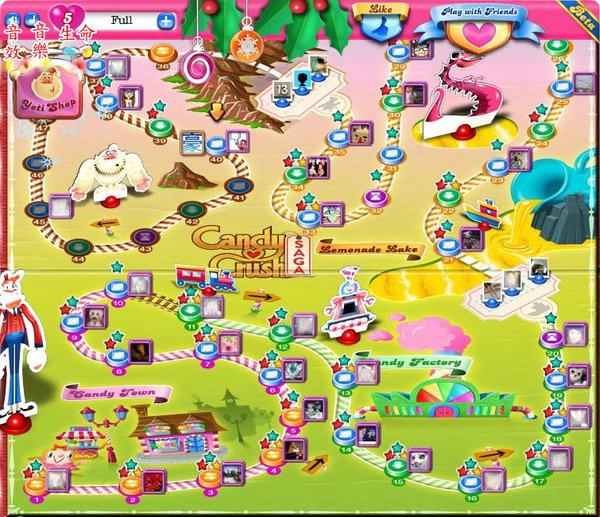
Candy Crush is the 21st century lovechild of retro Tetris and the board game Candy Land. The game is a simple puzzle, catering to the Twitter generation of users with short attention spans and a voracious appetite for low-key, portable entertainment. The brilliantly strategic business tactics of Candy Crush have people addicted and craving the game on a daily basis.
Players are enticed into the candy world by colorful graphics, hypnotizing music, and the inevitable sugar rush of clearing candies from the screen. The addictiveness of the game is attributed to the short spurts of action that occur within each level. Users rack up points by lining up the multi-colored candies. Gamers match the tasty sweets to clear the candy rows to advance to higher levels. It’s a perfect activity for folks to get their gaming fix on a mobile device without investing in a long-term, drawn out game.

In the U.S., Candy Crush holds the top spot for the highest grossing U.S. app on iTunes, while the game is #1 most used on Facebook. The social networking aspect of the game allows players to share their gaming prowess online. Users can send their friends lives and add-ons through Facebook. The game has rapidly spread in popularity because people predominately use Candy Crush through their mobile devices.
The Swedish company, King, has cornered the market of trendy gaming, drawing in adults like kids to a candy store with Candy Crush. King is not a newbie in the technological world of gaming, for it was started many years back by friends working at a tech startup. The founders of King were funded $34 million from Apax Partners and Index Ventures. Now the company consists of 15 team members, 5 of which were founders who hold 25% of all earnings.

The success rate of King’s multi-billion dollar business is staggering because it generates tremendous revenue and usership from a seemingly free app. It is speculated that the company’s revenue is $1-$3 million a day, since the company does not publicize its earnings.
The initial downloadable Candy Crush app is free for those playing in “freemium mode,” but as players advance, they can purchase lives to continue playing. If users want to continue the same game they’re playing without having to start over, Candy Crush forces the player to pay to stay in the game. Users can also purchase add-ons to boost their playing skills to pass levels faster. If the user chooses not to pay when lives run out, he/she is locked out of the game for 30 minutes. In this time, the average player will pay so they can instantly continue their round. Nowadays, people are more likely to spend virtual currency because users don’t actually feel the money flying out of their pocket when they’re so engrossed in the game. They feel that the game is not reality, so their impulse control is off when using their money to purchase more play time. Hence, people pay King without even thinking twice.

The game researching organization, Newzoo, speculates that by 2016, King will be raking in $86.1 billion, drawing in over 1.55 billion gamers. Currently, King has created 150 games, including the Papa Pear Saga, which is anticipated to explode like Candy Crush in coming months.
Source: Business Insider
Advertisement
Learn more about Electronic Products Magazine





